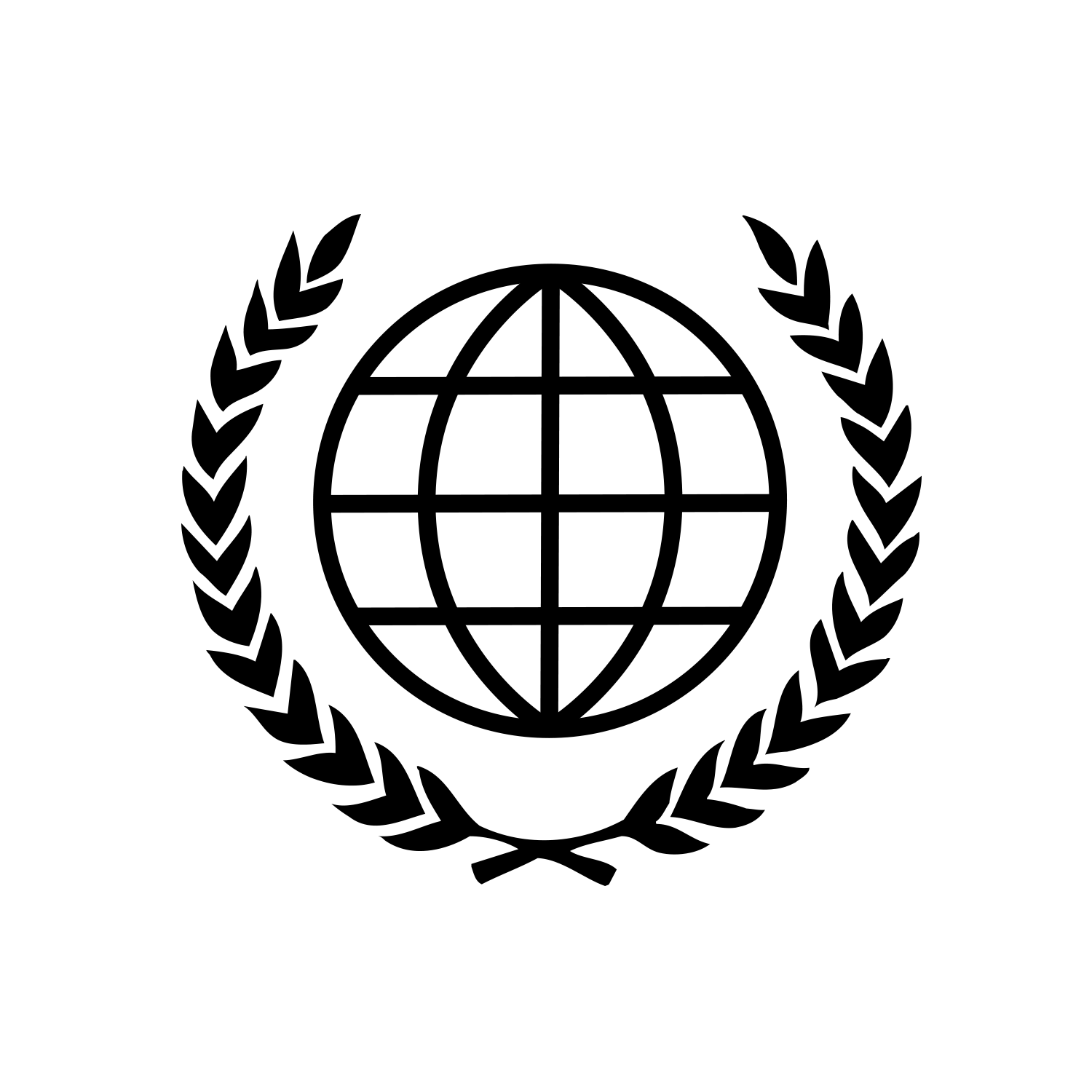Newly minted Nobel laureate Angus Deaton has shaken up the establishment's confidence that foreign aid is indeed a net positive for underdeveloped countries.
In a New York Times article, "A Surprising Case Against Foreign Aid," Fred Andrews examines Deaton's conclusions, gleaned from the economist's book, The Great Escape: Health Wealth, and the Origins of Inequality. The bolding below is mine.
In his considered judgment, global poverty today is no longer a result of lack of resources or opportunity, but of poor institutions, poor government and toxic politics. Though about $134 billion in official aid still flows from donor governments to recipient governments, there is no mystery, he says, as to why foreign aid fails to erase poverty. That is not its mission, he asserts: typically it serves commercial interests at home or buys political allies abroad, too often unsavory ones.
All aid is distorted by politics at both ends, he says, citing the example of Mauritania several years back, when aid was in danger of being cut off. The country’s president hatched the brilliant idea of becoming one of the few Arab countries to recognize Israel. The aid taps were reopened and the reforms rescinded.
THE author has found no credible evidence that foreign aid promotes economic growth; indeed, he says, signs show that the relationship is negative. Regretfully, he identifies a “central dilemma”: When the conditions for development are present, aid is not required. When they do not exist, aid is not useful and probably damaging.
Professor Deaton makes the case that foreign aid is antidemocratic because it frees local leaders from having to obtain the consent of the governed. “Western-led population control, often with the assistance of nondemocratic or well-rewarded recipient governments, is the most egregious example of antidemocratic and oppressive aid,” he writes. In its day, it seemed like a no-brainer. Yet the global population grew by four billion in half a century, and the vast majority of the seven billion people now on the planet live longer and more prosperous lives than their parents did.
So what should the West do instead of providing aid? Well, it can invest in finding a vaccine for malaria, still a mass killer. It can push drug companies to tackle diseases that threaten poorer countries. It can support the free flow of information about inventions and new management techniques. It can relax trade barriers and provide poor countries with expert advice at the bargaining table. It can ease immigration restraints and accept more newcomers.
Many options exist, but Professor Deaton suggests that the question is fundamentally wrong and self-centered. “Why is it we who must do something?” he wonders. “Who put us in charge?” What the West should do, he says, is stand aside and let poorer countries find their own paths, in fits and starts, at their own pace, to development and prosperity, just as the West had to do a century or so earlier.
While Andrews does well to take Deaton's arguments seriously, in the article's final paragraph he still reverts to a knee-jerk argument based on inputs rather than on concrete macroeconomic results. "The World Bank counts nearly 12,000 projects under way in 172 countries," writes Andrews. "It’s hard to believe that all are nearly as flawed or misguided as Professor Deaton suggests. Aid is not a door that should slam shut."
What Andrews misses here in his close is that Deaton is not making the case that every single aid project in isolation is flawed and misguided. No, Deaton's critique is of the system dynamics and incentive structures involved in foreign aid, which in the aggregate demonstrate no causal correlation with development.
